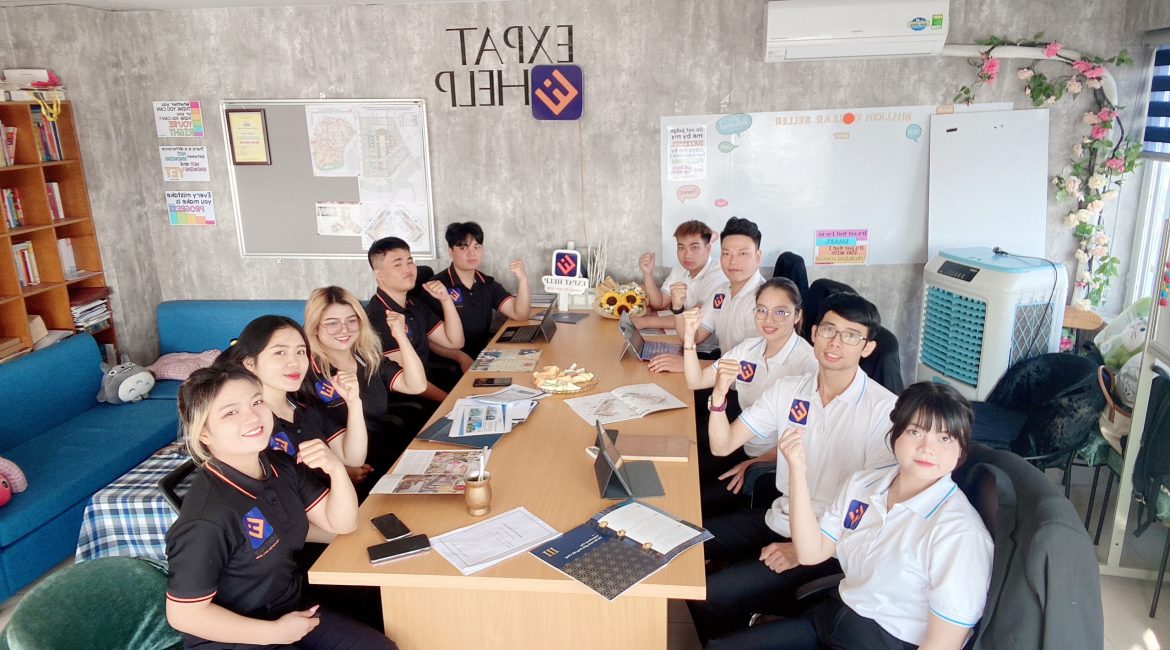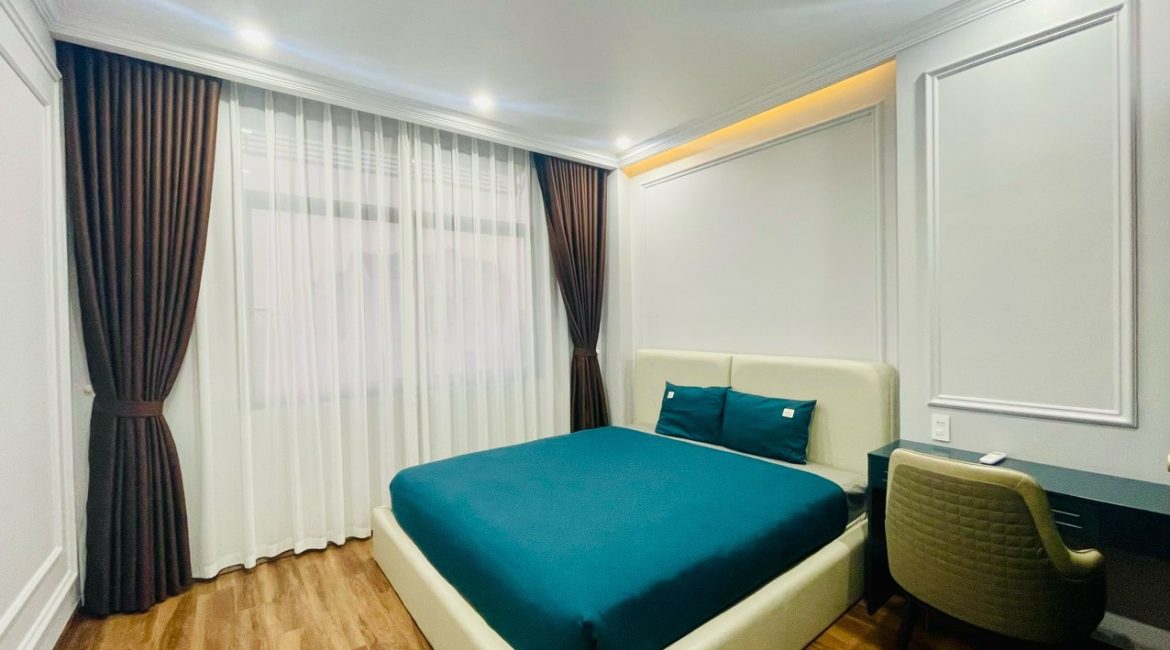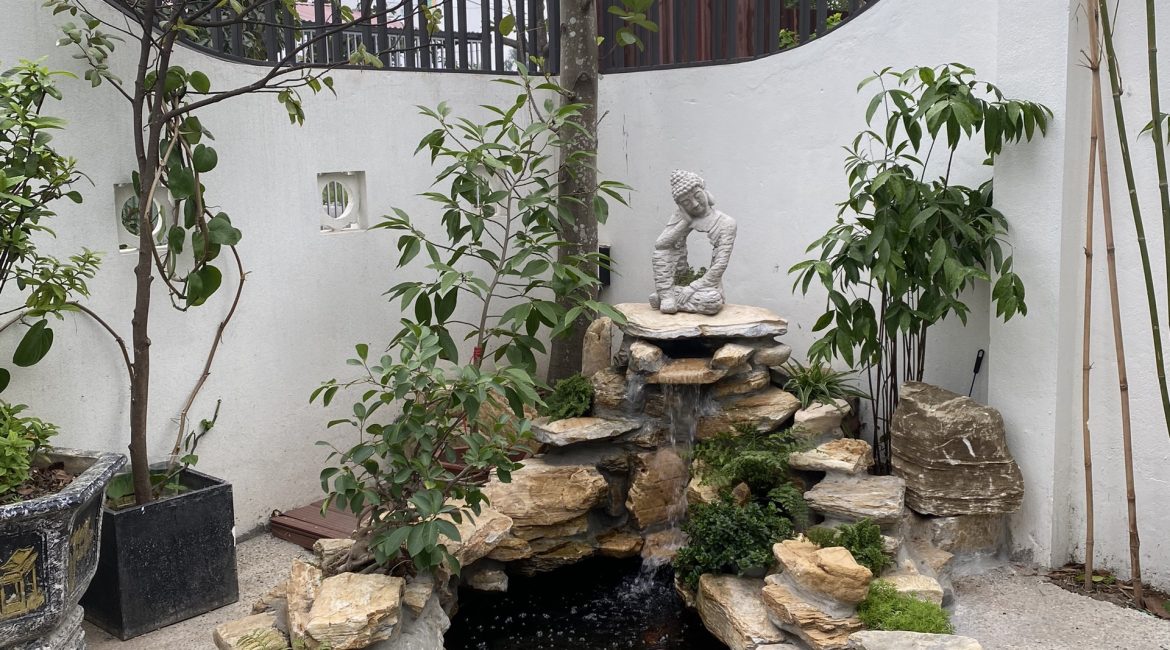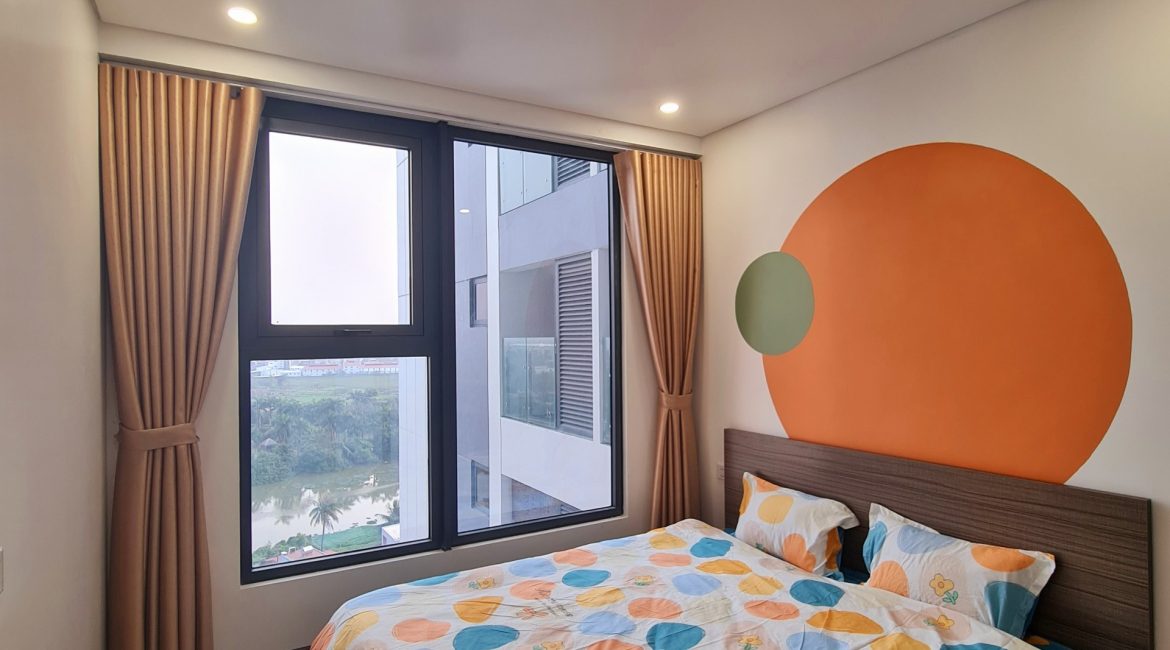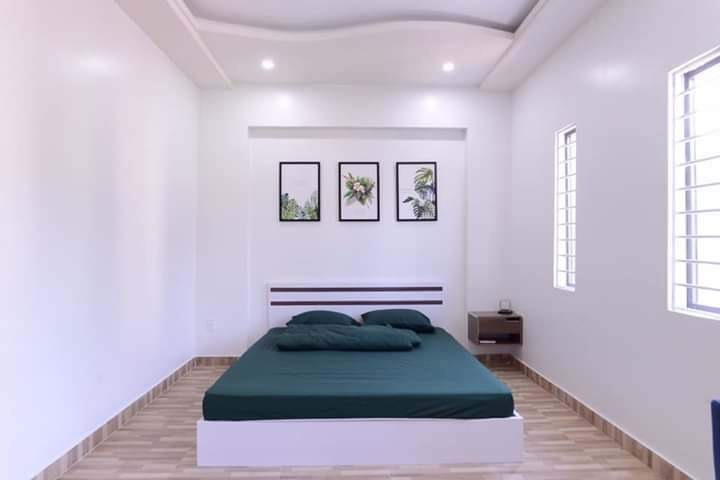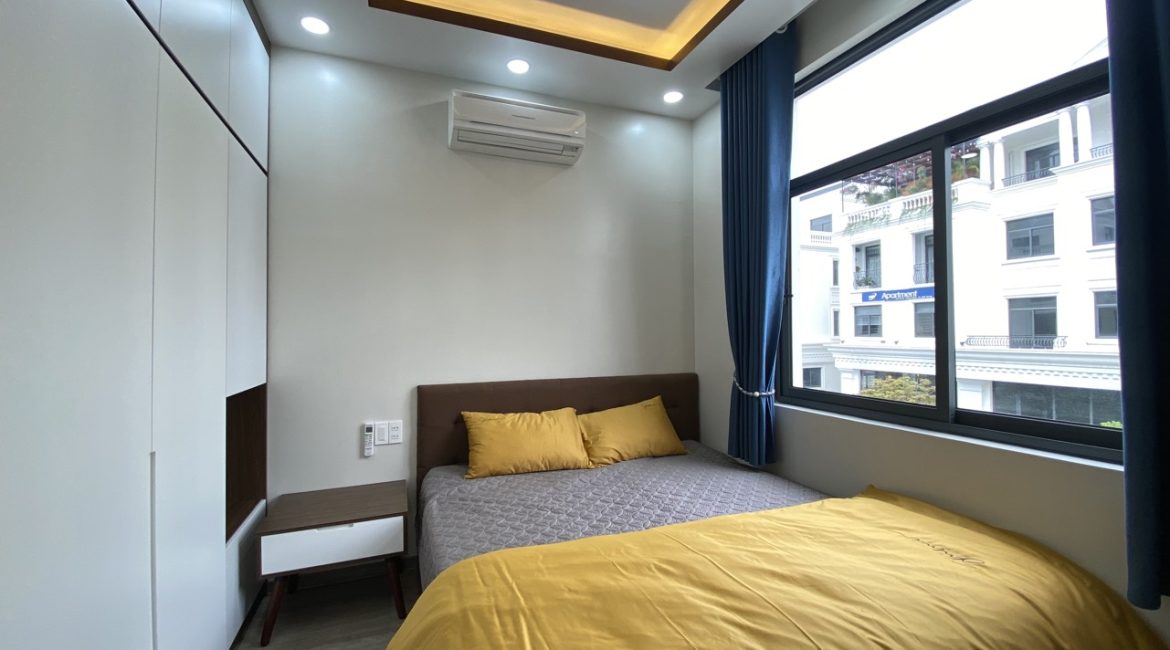
Legal Documents to Secure Your Property Rights in Vietnam as a Foreigner
Housing projects for foreigners in Vietnam
Leasing, renting, or buying a new property in Vietnam? Here are the most important legal documents to know about your ownership rights in the country.
In recent years, Vietnam’s strong economic growth as an emerging country has ignited interest in the country’s real estate market. As you venture into this market, it can be daunting to know the difference between the various types of property ownership and the qualifying process for each.
Here is a digestible overview of these documents to help you better prepare for your foreign ownership journey in Vietnam. Let’s get started!
Deposit Agreement
The deposit agreement is the most basic contract you will sign when buying a home.
In the Primary Market
When buying new apartments from developers, you must go through a process that includes a series of installment payments over the next 1-5 years.
Depending on the type of projects and developers, you’ll make payment from 2% every six months to 10% every month. This is tied to the incremental progress of the project over time.
- The first installment is usually signing a deposit agreement with the property developer after selecting your desired unit.
- To “establish your claim” on the land, the developer will almost always want a payment of at least 10% of the property’s value.
*Please keep in mind that you may or may not be able to sell the unit after signing the deposit agreement, depending on the developer’s policies.
In the Secondary Market
When buying property from another seller, you’ll often put down a deposit and sign a deposit agreement as a statement of good faith and to “stake your claim” on the property.
This is done to show that the transaction will take place between the two parties and to ensure that both parties’ pledges will be honored.
Deposits normally range from 5% to 10% of the property’s value, with up to 50% in some cases.
- Deposit agreements can be signed directly between the parties, created by an agent, or notarized at a notary office.
- The property’s remaining payment schedule (when the buyer must pay the rest and close the purchase – usually within 30 days after signing the deposit agreement); or
- If either party wishes to withdraw, the following penalties will apply:
- For the buyer, this usually means losing the money they put down as a deposit.
- This usually implies a penalty equal to the buyer’s deposit for the seller.
*Note that this also applies to properties that aren’t apartments*
Long Term Lease Agreement (LTL)
A long-term lease agreement is exactly what it sounds like: instead of buying the property, you can lease it from the developer for 50 years.
According to the government, once the first 50 years are up, you can renew the agreement for another 50 years. However, policies regarding this might be changed in the future.
The property is yours to use during this period, but because you are simply leasing it, it officially belongs to the developer. For this reason, you cannot obtain a pink book – the governmental approval of property ownership rights.
Who can qualify for a Long Term Lease?
Because quotas/supply are limited or sales and purchase agreements (SPAs) have already run out, when consumers decide to buy a home, they frequently sign a long-term lease agreement.
Long-term leases are uncommon among Vietnamese residents; instead, they can buy an apartment through an SPA, which has fewer quotas and restrictions.
As a result, many of those who sign this agreement are foreigners wishing to invest in real estate, as foreigners are only allowed to own 30% of any property. They may be able to buy an apartment for 8-15 percent less than they might if they bought one under an SPA because of the lesser legal status of LTL agreements.
Note: When a foreigner with a long-term lease sells their property to a local, the developer will change the lease to a local SPA.
Conclusion
The process of obtaining a title for your home in Vietnam can be time-consuming, but there is a shortcut to owning.
Foreigners and Vietnamese nationals can easily purchase property in Southeast Asia with Homebase. They provide alternative solutions to buy, own, and sell your property without fuss. The company is backed by prestigious funds around the world, including Y Combinator, VinaCapital, and Partech Ventures, among others.
- Address: 9th Floor, VCCI Tower, No 462-464 Lach Tray, Ngo Quyen, Hai Phong
- Tel: 0374.330.915
- Hotline: 0366.456.179
- Email: expathelpvn@gmail.com

